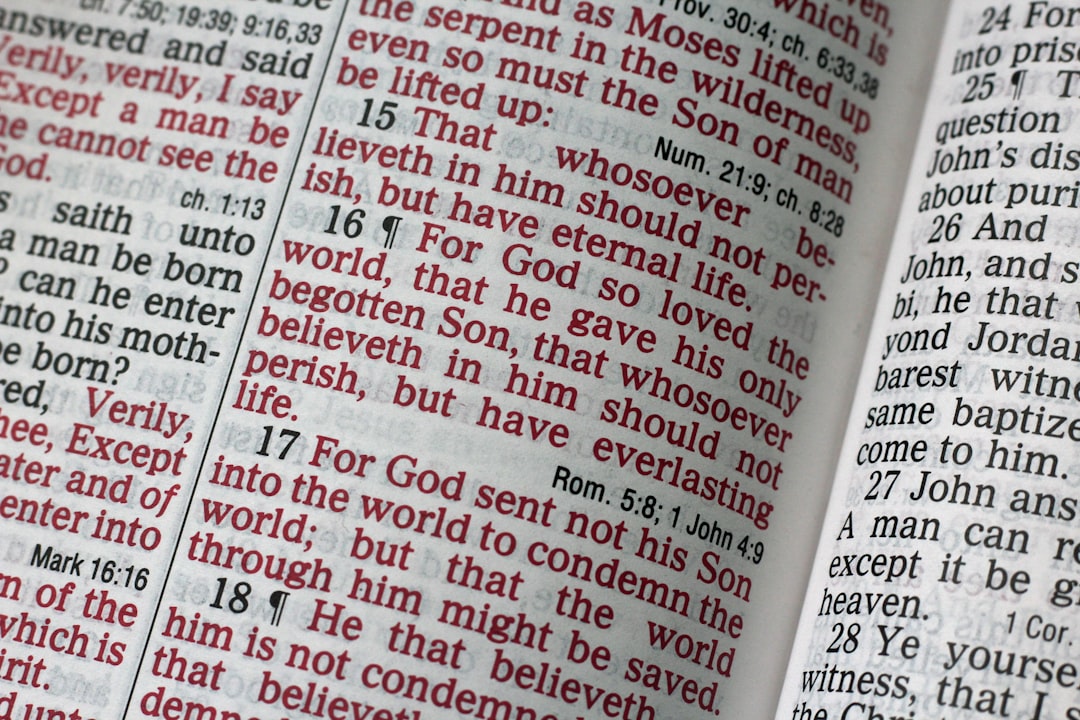Ramadan is the ninth month of the Islamic calendar and holds significant importance to Muslims around the world. It is a month of fasting, prayer, reflection, and community for Muslims. During this time, Muslims abstain from food, drink, and sinful behavior from sunrise to sunset. The fast begins at dawn with a pre-dawn meal known as suhoor, and ends at sunset with the evening meal called iftar. The month of Ramadan is a time for Muslims to deepen their connection with Allah, seek forgiveness for their sins, and practice self-discipline and self-control.
The importance of Ramadan in Islam can be understood through several key aspects. Firstly, Ramadan is considered to be the month in which the Quran, the holy book of Islam, was revealed to the Prophet Muhammad. Muslims believe that the Quran is the word of God and serves as a guide for their lives. Therefore, Ramadan is a time for Muslims to reflect on the teachings of the Quran, recite it, and seek understanding and guidance from it. It is also a time for Muslims to increase their spiritual connection with Allah through prayer and meditation.
Another important aspect of Ramadan is the act of fasting. Fasting during Ramadan is one of the Five Pillars of Islam, which are the five basic acts of worship that are considered mandatory for all Muslims. Fasting during Ramadan is seen as a way for Muslims to purify their souls, strengthen their self-discipline, and empathize with the less fortunate. By abstaining from food and drink, Muslims are reminded of the blessings that they have and are encouraged to be grateful for them. Fasting also serves as a way for Muslims to develop a sense of empathy and compassion for those who are less fortunate and do not have enough to eat.
Ramadan is also a time for Muslims to practice charity and good deeds. During Ramadan, Muslims are encouraged to give to those in need, whether it be through monetary donations, volunteering their time, or helping those less fortunate in any way they can. The act of giving during Ramadan is seen as a way for Muslims to purify their wealth and earn the blessings of Allah. It is also a way for Muslims to cultivate a sense of community and solidarity with their fellow believers.
In addition to fasting, prayer, and charity, Ramadan is also a time for Muslims to seek forgiveness for their sins and ask for Allah’s mercy and blessings. Muslims believe that during Ramadan, the gates of heaven are open, and the gates of hell are closed, making it a time of heightened spiritual significance. Muslims are encouraged to seek forgiveness for their past sins and repent for their wrongdoings. It is also a time for Muslims to ask for guidance and blessings from Allah in their prayers and supplications.
Overall, the importance of Ramadan in Islam lies in its ability to bring Muslims closer to Allah, strengthen their faith, and foster a sense of community and solidarity. Ramadan serves as a time for Muslims to reflect on their lives, seek forgiveness for their sins, practice self-discipline and empathy, and cultivate a sense of gratitude and compassion. It is a time for Muslims to deepen their spiritual connection with Allah and strive to be better individuals in the eyes of God. Ramadan is not only a month of fasting and prayer but also a time for spiritual renewal, self-improvement, and community building for Muslims around the world.

